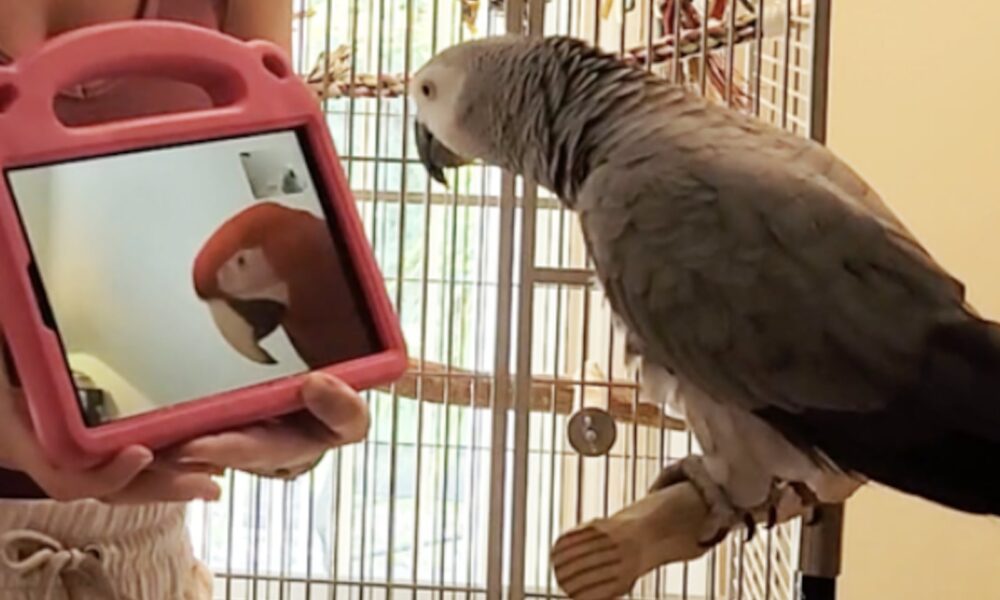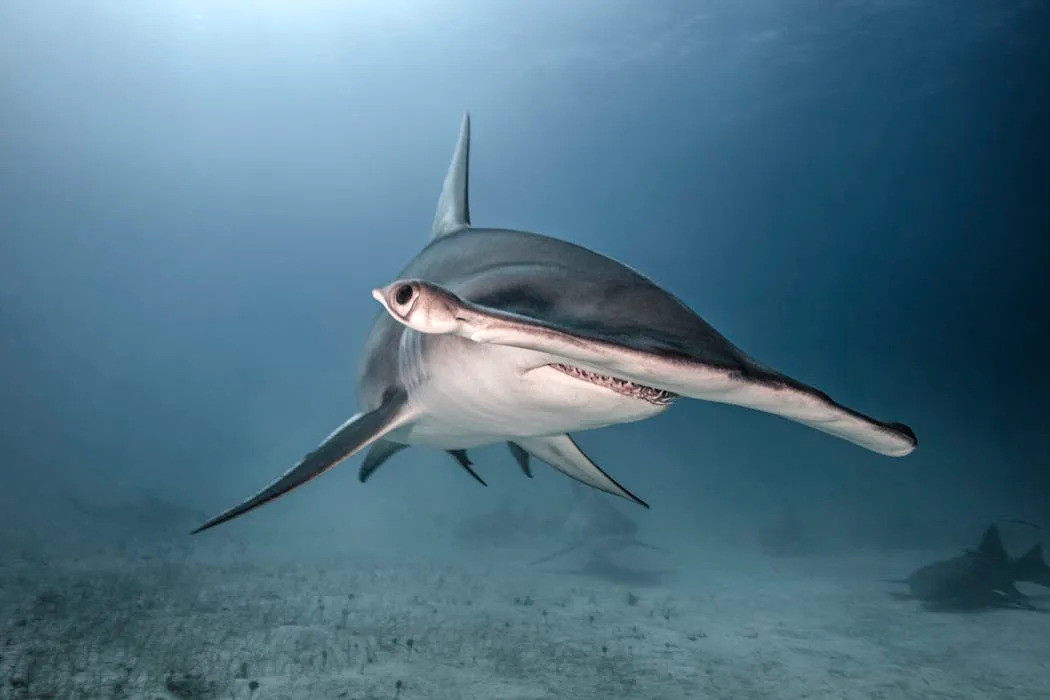Researcher Rébecca Kleinberger has developed innovative technology that allows animals to interact with devices, enhancing their quality of life rather than forcing them to adapt to human-made environments. The inspiration for her work began with a hyacinth macaw named Sampson, who discovered that tapping a specially designed branch could trigger music, leading to an unexpected reaction from both the bird and zoo visitors. This tool, named the Joy Branch, not only allowed Sampson to control the music but also attracted more attention to his exhibit at the San Diego Zoo.
Kleinberger’s journey into animal technology began during her time at the Massachusetts Institute of Technology (MIT), where she earned her master’s and doctoral degrees. Now an assistant professor at Northeastern University, she has established the Interspecies Technology for Enrichment and Research on Animal Connection and Togetherness (INTERACT) Animal Lab. Her research encompasses various species in diverse environments, including pets, wildlife, and farm animals.
“We can never really prove that an animal understands what they are doing or that they have control,” Kleinberger explained. “But we can look into the engagement they have with it and how often they use it.” Each project involves collaboration with experts to assess whether animals demonstrate meaningful interaction with the technology.
Current Research and Innovative Projects
Last spring, Kleinberger led a class on designing technology for animals, which included students from both Northeastern University and MIT. Some students continued their work over the summer, deploying new technologies at Zoo New England, which comprises the Franklin Park Zoo in Boston and the Stone Zoo in Stoneham. Kleinberger is also collaborating with Tandem Vet Care to investigate ways to lessen the stress that cats experience during veterinary visits.
Kleinberger’s lab has gained recognition for playful projects, such as a study conducted in partnership with the University of Glasgow. This research involved 20 pet parrots and aimed to understand their interactions with touchscreen games. The findings, set to appear in a paper published in 2024, sought to tailor games to meet the specific tactile needs of parrots.
In the previous year, her lab also evaluated a parrot-to-parrot video calling system, which resulted in 147 bird-triggered calls. Caretakers observed notable benefits, including improved flying and foraging behaviors among the birds that participated in the calls.
Unique Approach to Animal Technology
While many research labs focus on assessing animal intelligence or behavior, Kleinberger’s approach is distinct. “We’re not there to test them. We’re there to see how we can improve their life,” she stated. Her research prioritizes animal welfare and ethical considerations, collaborating solely with accredited zoos that maintain high animal care standards.
Kleinberger emphasizes the importance of public education and close collaboration with zookeepers to better understand animals’ needs. She points out the challenge of avoiding superficial solutions in farming and animal care, stating, “How do you make sure you’re not just putting a band-aid on something?”
The increasing availability of pet technology, such as sensors and communication devices, is notable. Yet, Kleinberger critiques that much of it is designed for human convenience rather than animal benefit. “The tools are not in the hands of the right people,” she noted, highlighting the need for frameworks to evaluate the impact of technology on animals.
Kleinberger’s vision contrasts with past initiatives, where animals were expected to learn human languages or signals. “I’m trying to do the inverse,” she said, aiming to create technology that empowers animals and respects their natural behaviors.
As her research continues to evolve, Kleinberger’s groundbreaking work promises to reshape the relationship between technology and animal welfare, opening new avenues for enhancing the lives of diverse species.







